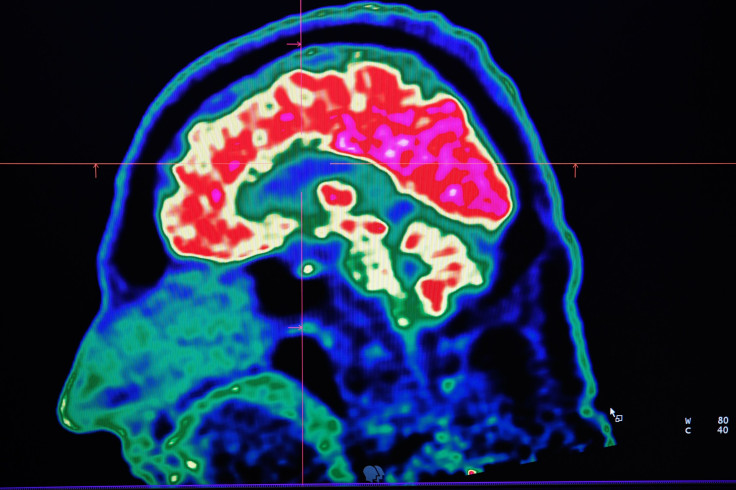3-Year-Old's Hallucinations, Seizures Actually Rare Brain Disease

A 3-year-old Illionois child experienced hallucinations and seizures that later also resulted in the loss of her ability to speak in full sentences. While initially it was not clear as to what was wrong with her, she was later diagnosed with with autoimmune encephalitis, a rare brain disease.
The parents have now spoken out about the terrifying moment of their lives when their daughter experienced a seven-minute seizure and her speech began to decline. Grace Smolinski was admitted to the Lurie Children’s Hospital after experiencing fearful fits and tantrums.
“Within hours of getting to Lurie, her speech started to decline,” Erin Smolinski, Grace’s mother, told South West News Service. “She was a very vocal child and was capable of telling full stories, using full sentences. She went from that to only being able to say syllables. She went from singing whole songs from the movie Moana – to hardly being able to say ‘Moana.’”
Erin said her daughter’s condition continued to worsen and they were not sure as to what was wrong. According to the report, the girl was hallucinating about "monsters."
“She seemed to think there was someone else in the room, and she seemed scared of that person,” Erin told SWNS. “It was terrifying. I wondered what she was seeing. The nurses told me she was likely having hallucinations.”
The mother later said that doctors diagnosed her with the rare condition that occurs when the body's immune system mistakenly attacks healthy brain cells. It leads to inflammation of the brain, according to the Genetic and Rare Disease Information Center (GARD).
The child also went into cardiac arrest and landed in the ICU, where she had another massive seizure.
“I just broke down as I watched what felt like 20 people working on her,” the mother told SWNS. “She was intubated and it was an image I will never forget.”
Autoimmune encephalitis patients may experience neurologic or psychiatric symptoms, including seizures, psychosis, speech issues, panic attacks, fear and others, GARD said, adding that treatment may involve intravenous immunosuppressive therapy.
Grace returned home after two weeks in hospital and was put on a monthly dose of a chemotherapy drug to prevent relapse. Her family said they are lucky as she has now recovered from those terrible seizures.
© Copyright IBTimes 2024. All rights reserved.





















